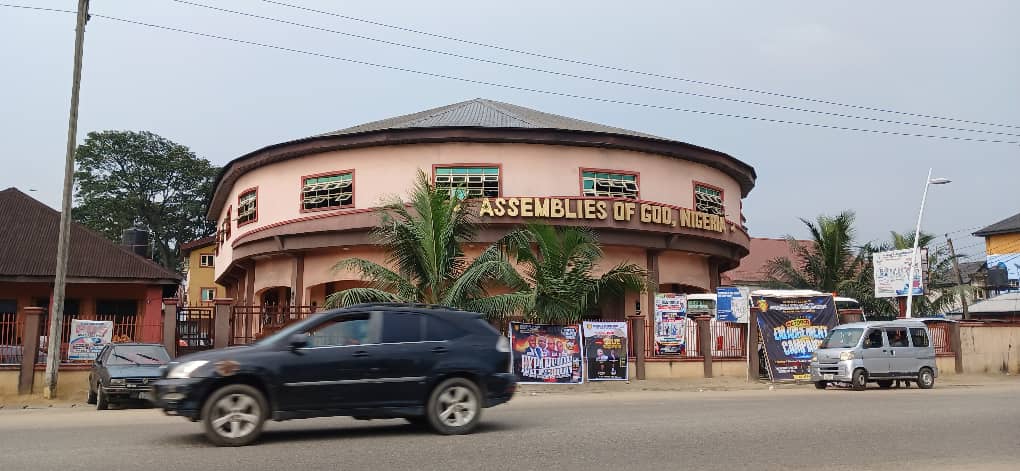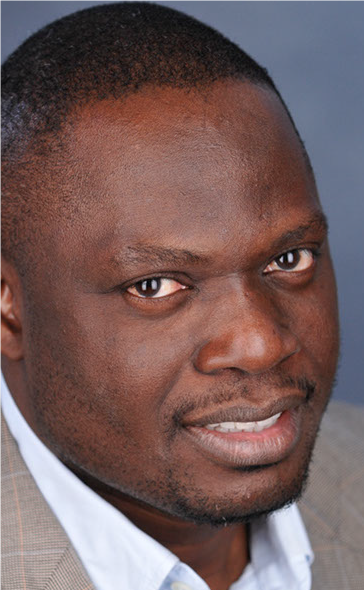
Before my substantive remarks, I should like to put on record my profound gratitude to my distinguished colleagues for their gracious acceptance of the invitation to respond to my work. I am genuinely and utterly grateful. Whatever I may think about their dispositions and disagreements, I am flattered and humbled that they have deemed my work worthy of their investment. If there is a fate worse than being criticized, it is being ignored.
For the sake of convenience, I will categorize those criticisms into three groups. The first concerns my basic argument on the historicity and meaning of the emergence and influence of clerical authority in Nigeria, the second my perspective on secularity, and the third my ostensible treatment of spirituality and liberalism as antithetical.
The Meaning of Clerical Authority
When it comes to clerical authority, my critics express reservations regarding my theory of causation (Premawardhana); whether I have “inflated the clerical authority’s ascendancy” while at the same time lessening the power of the intelligentsia (Afolayan, Van Klinken, Premawardhana); my apparent neglect of the nascent resistance to clerical authority, especially in the realm of literary criticism (Van Klinken); and lastly, my apparent insensitivity to the seeming fragility of clerical authority (Adelakun).
Are Pentecostal pastors in Nigeria really on the rise due to the decline of the intelligentsia or have these contrasting phenomena unfolded concurrently with no direct causal link? I continue to see the preponderance of the argument tilting in favor of my original intuition that the devitalization and degradation of the intelligentsia, located primarily but not exclusively within the university system, prepared the ground for the emergence of the pastorate. In other words, the evacuation of the intelligentsia created a vacuum that, I contend, the pastorate, boasting in addition the ballast of spiritual authority, was all too happy to step into. This transition from an authority based broadly on reason to one based on revelation is, I argue, one of the most consequential developments in postcolonial Nigerian history, and insofar as one finds both my account and interpretation of it more or less plausible, it is difficult to “inflate the ascendancy” of the Pentecostal pastor. Even if we can quibble on the meaning of the degradation of the Man of Letters (the term I use, though with some caution, throughout the book to refer to the intelligentsia) or the relative solidity of the clerical regime that I postulate as its aftermath, what cannot be doubted is the effect of the crisis and collapse of the Marxist ideology in the late 1980s and early 1990s on the Nigerian intelligentsia’s ideological identity and amour propre. That it has yet to recover from this calamity and, more to the point, that Pentecostalism filled the space formerly occupied by Marxism in the Nigerian university system, if not in the imagination of the intelligentsia, is precisely my core argument.
This transition from an authority based broadly on reason to one based on revelation is one of the most consequential developments in postcolonial Nigerian history.
If that is the case, not only can the decline of the Man of Letters not be overdetermined, in fact, the focus on the rise of the contemporary Nigerian Pentecostal pastor would seem totally warranted, if not justified. Whether or not one acknowledges it, the social ubiquity of the Pentecostal pastor is a plain fact. Not only is he, i.e., the pastor, the presiding spirit (pun intended) in what I refer to as an aristocracy of wonderment, such is the vividness of his stamp—on politics, procreation, and social relations more broadly—that one would be remiss in one’s duty as a student of religion and politics not to consider him. I do not dispute that the pastor is, all told, just one element in a “constellation of divines”; nevertheless, his emergent power as a multipurpose cultural broker is such that he has to be taken on his own terms.
Nor am I oblivious to the fact that his “reign” is contested, which is what my analysis of those “useless women” who put up a fight, albeit unsuccessfully, is meant to signal. (In the book, I use the coinage “useless women” to describe women who, refusing to lie down as expected, challenged the masculine authority of various pastors.) On the contrary, while I take this “resistance” for granted and in fact applaud it, I admit to being dubious about its efficacy, at least in the short term. The current order is likely to continue for as long as the sociological conditions that simultaneously froze the development of the university system (and the attendant intellectual culture) and authorized the emergence of what I have termed rule by prodigy are operative. It is not so much a matter of “writing the intelligentsia off” as admitting its relative diminishment.
Nigeria as Secular State
A second criticism concerns my perspective on secularity (Lauterbach, Afolayan), specifically my assumption that Nigeria is a secular state. I admit the academic value of acknowledging the contestations around the term. However, such are the terms of religio-political engagement in Nigeria that normatively, I don’t see how I could have entertained a different point of departure. It is difficult to think of the Nigerian state as anything other than secular. As a matter of fact, contention over the terms of its taken for granted secularity has long been the defining element in Christian-Muslim political struggles, meaning that insofar as either side is content to have the balance shifted in its favor, it is because it perceives it to be otherwise in a notionally secular arrangement. Paradoxically, in their sworn desire to overturn it, rogue actors like Boko Haram are reminders of Nigeria’s secularity. In saying that Nigeria is a secular state, one is not disputing that religious actors and sentiments continue to exercise an outsize influence; on the contrary, one is acknowledging that, in principle, the Nigerian state is bound to an agnosticism which forbids either having a state religion or the privileging of the interests of one religious community over others. That the state frequently strays from this principle does nothing to nullify its secular status.
Liberalism and Spirituality
Finally, I have been challenged (Lauterbach) on my ostensible postulation of liberal democracy and spirituality as essentially antithetical. While I concede that the interplay between the two is neither unidimensional nor teleological, and while liberal democracies of course can and do draw sustenance from spiritual resources, what I am anxious to highlight is the danger of civic manipulation under certain conditions by actors invoking spiritual license or authority. By muddying the waters of rational deliberation, something that we have seen in too many cases, such actors provide a justification for rule by prodigy, a state of affairs that is harmful to the growth of liberal democracy.
Although I have doubled down on my core claims, there is no intention to wave off the earnest corrections and nudges of my colleagues. If anything, not only have I accepted much of their critique as just and taken it on board, they have alerted me to considerations that, in the fog of writing, one is always liable to overlook. None of us, it seems, is spared the fate of seeing through a glass darkly.

